
Stopping By Woods On A Snowy Evening SANJUN
PDF Cite Share Expert Answers Terry Bain | Certified Educator Share Cite The primary and most evident conflict for the narrator (or overall "man" as indicated in the question) is between his.

Critical Analysis Of Poem Stopping By Woods On A Snowy Evening
"Stopping by Woods on a Snowy Evening" ~Robert Frost Whose woods these are I think I know. His house is in the village, though: He will not see me stopping here To watch his woods fill up with snow My little horse must think it queer To stop without a farmhouse near Between the woods and frozen lake The darkest evening of the year.

Fireworld Stoping by woods on snowy evening poem by Robert Frost
Stopping by Woods on a Snowy Evening By Robert Frost Whose woods these are I think I know. His house is in the village though; He will not see me stopping here To watch his woods fill up with snow. My little horse must think it queer To stop without a farmhouse near Between the woods and frozen lake The darkest evening of the year.

Stopping by Woods on a Snowy Evening Poem by Robert Frost Quotes to
Whether memorized by schoolchildren or used to eulogize a president, "Stopping by Woods on a Snowy Evening," written in 1922 and published in 1923, has found a place as one of the best-loved and best-known American poems of the last hundred years. Now, six decades after the passing of its author, Robert Frost, celebrated artist P.J. Lynch.

Stopping by Woods on a Snowy Evening SauladdChavez
One theme central to "Stopping by Woods on a Snowy Evening" is the contrast between society and nature. From the first stanza, the speaker is on a journey between two places. He decides to "stop".
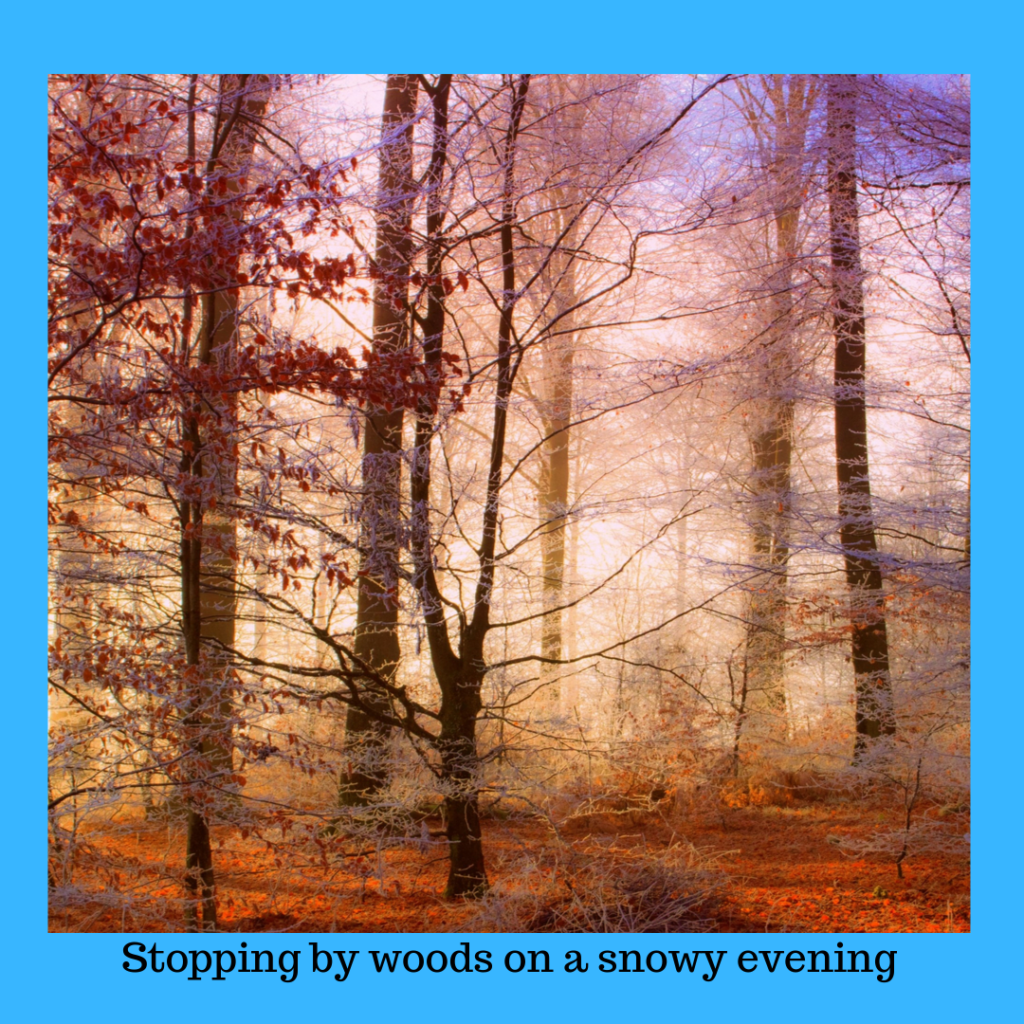
Analysis of “Stopping by woods on a snowy evening” Critical Buzzz
"Stopping by Woods on a Snowy Evening" was written by American poet Robert Frost in 1922 and published in 1923, as part of his collection New Hampshire. The poem is told from the perspective of a traveler who stops to watch the snow fall in the forest, and in doing so reflects on both nature and society.

Stopping by Woods on a Snowy Evening Bookworm Bear
1874 - 1963 Whose woods these are I think I know. His house is in the village though; He will not see me stopping here To watch his woods fill up with snow. My little horse must think it queer To stop without a farmhouse near Between the woods and frozen lake The darkest evening of the year. He gives his harness bells a shake

Stopping by Woods on a Snowy Evening YouTube
'Stopping by Woods on a Snowy Evening' is, after ' The Road Not Taken ', Robert Frost's best-known and best-loved poem. (Frost himself called it 'my best bid for remembrance'.)

Stopping By Woods On A Snowy Evening v2 YouTube
Stopping by woods on a snowy evening by Frost, Robert, 1874-1963. Publication date 2001 Topics Winter -- Juvenile poetry, Children's poetry, American, Winter -- Poetry, American poetry. Pdf_module_version 0.0.18 Ppi 360 Rcs_key 24143 Republisher_date 20220802124218 Republisher_operator [email protected] Republisher_time 150

Stopping by woods on a snowy evening A Net in Time
Line by Line Explanation of Stopping by Woods on a Snowy Evening "Whose woods these are I think I know. His house is in the village, though; He will not see me stopping here To watch his woods fill up with snow." — The narrator (may be the poet himself) of the poem Stopping by Woods on a Snowy Evening stops by some woods on his way one.
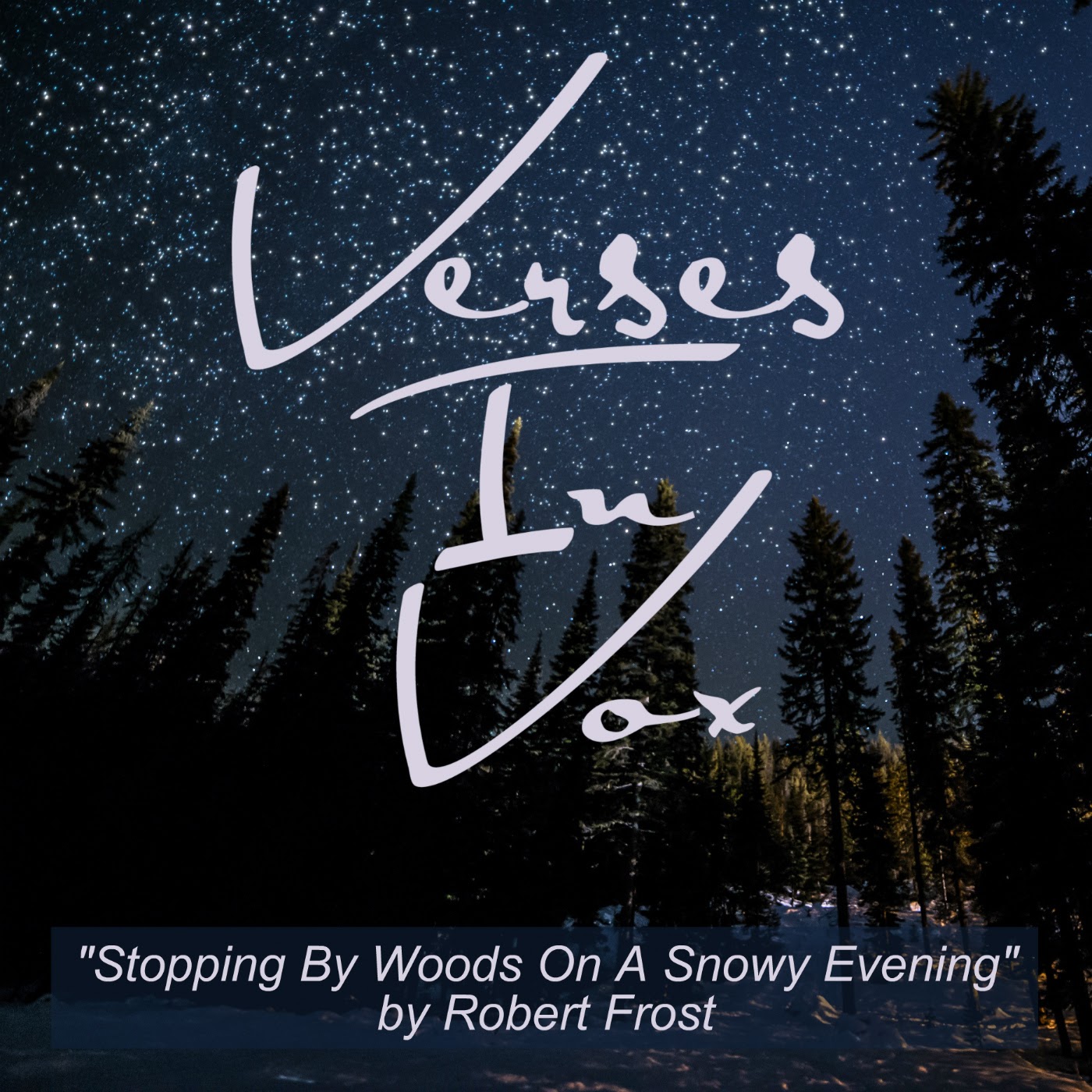
Verses In Vox "Stopping By Woods on a Snowy Evening" by Robert Frost
The poem, 'Stopping by Woods on a Snowy Evening,' explores the motivations of the poet, the inherent moods of the narrator, and his fixation with woods for an inner reason. Robert Frost ( Bio | Poems) is known as a 'regional poet' willing to forge his own path and ignore the poetic trends of his time.
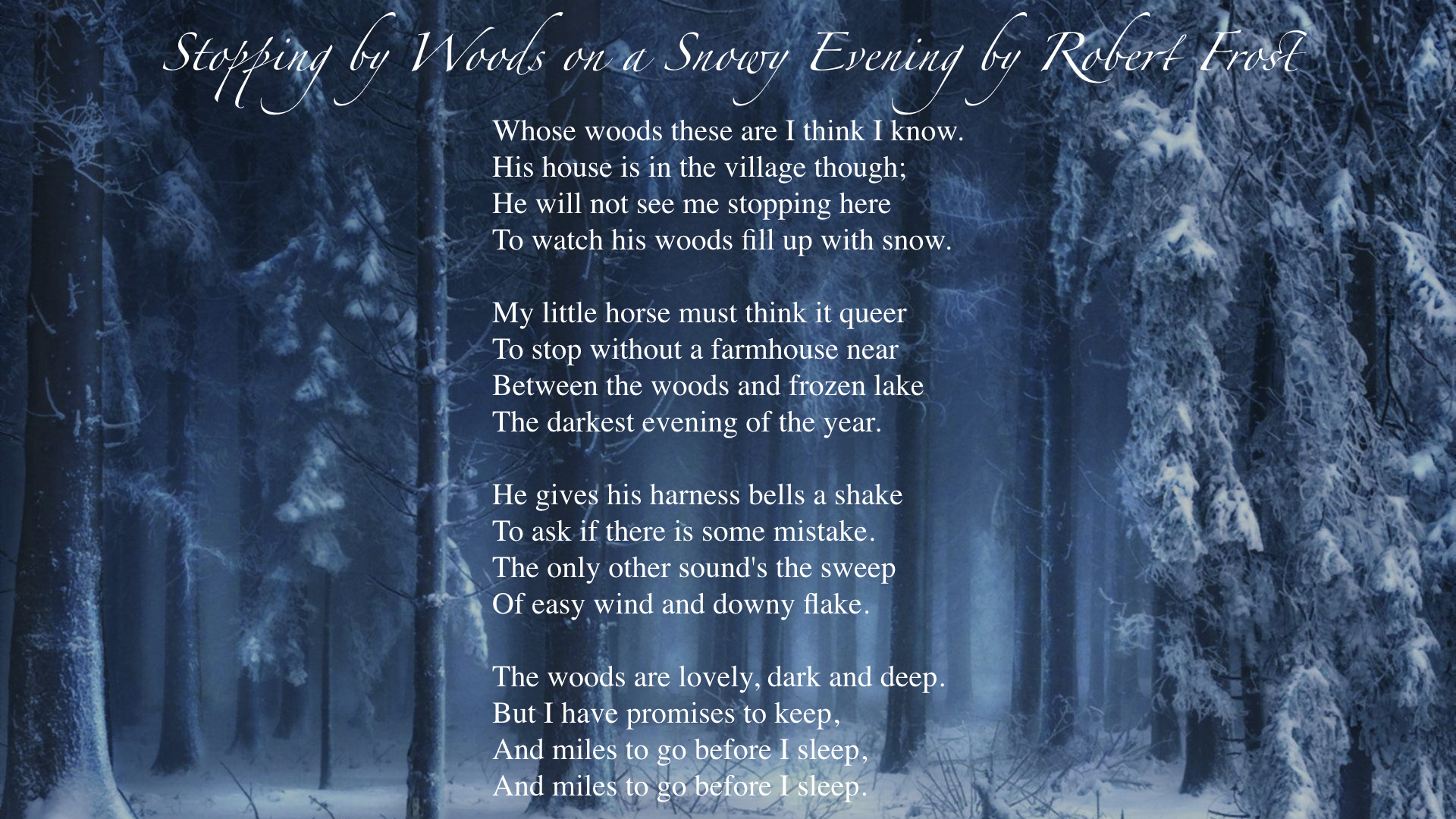
It’s the reader, not the poem, that changes thoughts on Robert Frost
PDF Cite Share. attempts to analyze the rhyme scheme as supporting the idea that suicide is the theme of "Stopping by Woods on a Snowy Evening" may only be meaningful in the context of a.
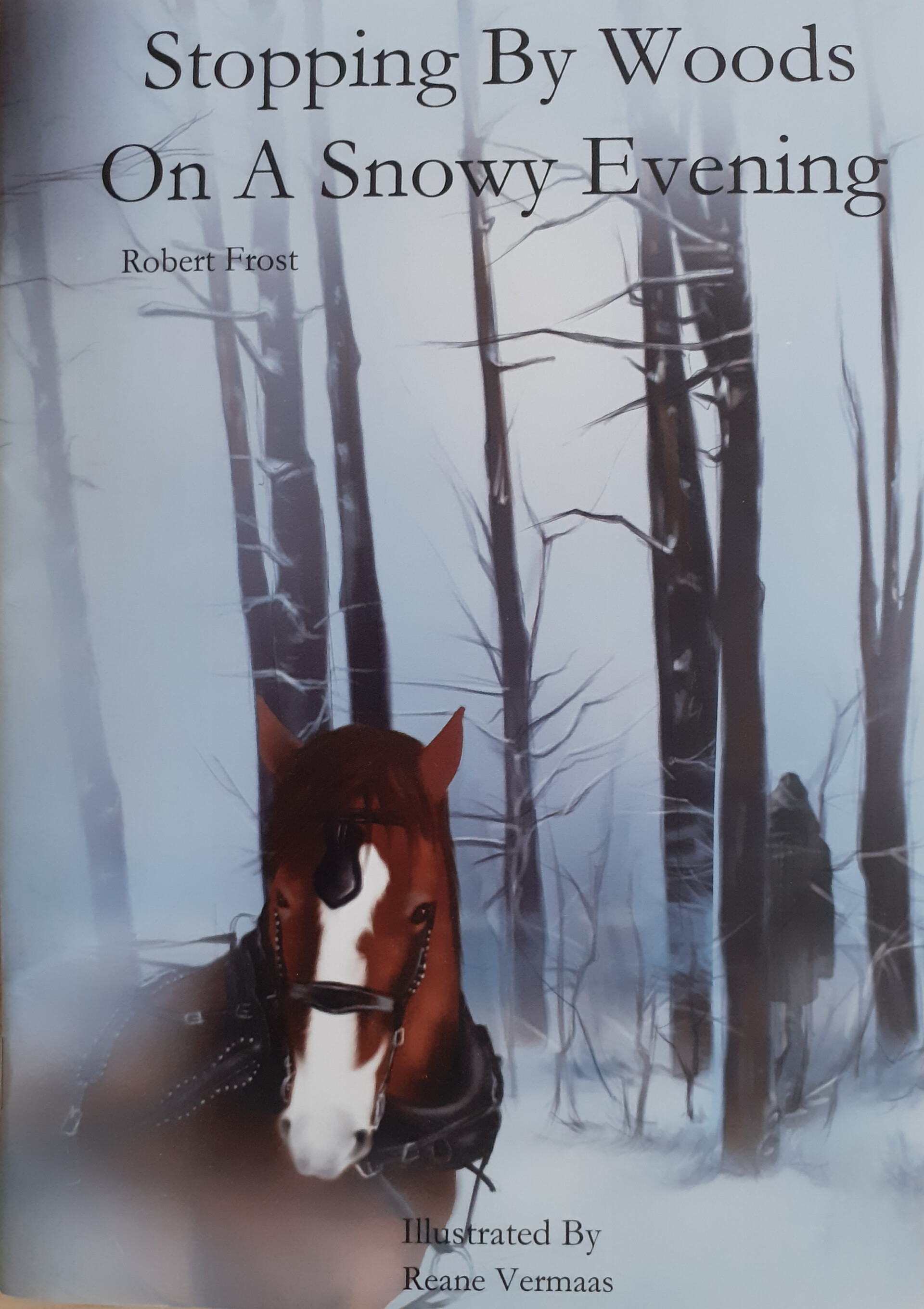
🏆 Stopping by woods on a snowy evening. Stopping by Woods on a Snowy
2. What is the setting of this poem? A. in the woods on a bright, snowy afternoon B. in a village on a dark, snowy evening C. by a frozen lake on a bright, snowy afternoon D. near the woods on a dark, snowy evening 3. Read the first stanza of the poem: Whose woods these are I think I know. His house is in the village though;

Stopping by Woods on a Snowy Evening KayleysrHarper
Between the woods and frozen lake. The darkest evening of the year. He gives his harness bells a shake. To ask if there is some mistake. The only other sound's the sweep. Of easy wind and downy flake. The woods are lovely, dark and deep. But I have promises to keep, And miles to go before I sleep,
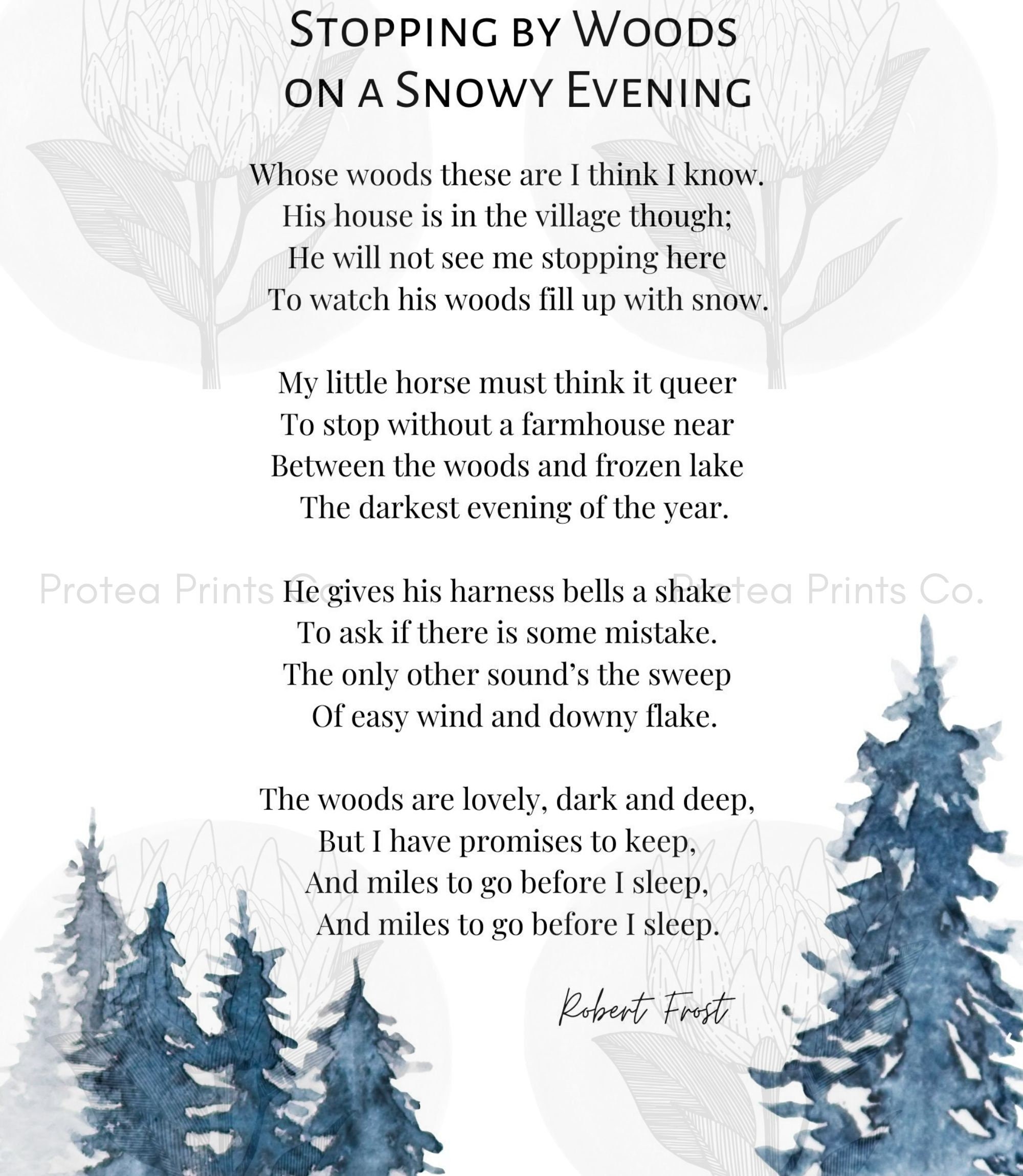
Robert Frost Stopping by Woods on a Snowy Evening Poem Etsy
The poem "Stopping by Woods on a Snowy Evening" was written in 1922 by Robert Frost. It was included in his Pulitzer Prize-winning collection New Hampshire: A Poem with Notes and Grace Notes in.

Stopping by Woods on a Snowy Evening by Robert Frost Vermont Snowflakes
" Stopping by Woods on a Snowy Evening " is a poem by Robert Frost, written in 1922, and published in 1923 in his New Hampshire volume. Imagery, personification, and repetition are prominent in the work. In a letter to Louis Untermeyer, Frost called it "my best bid for remembrance". [2] Background